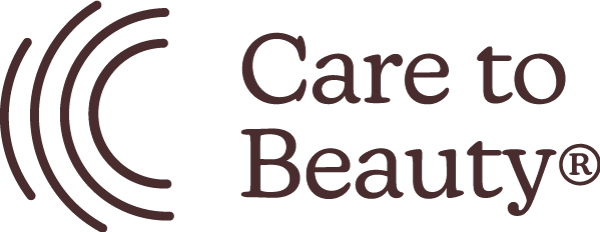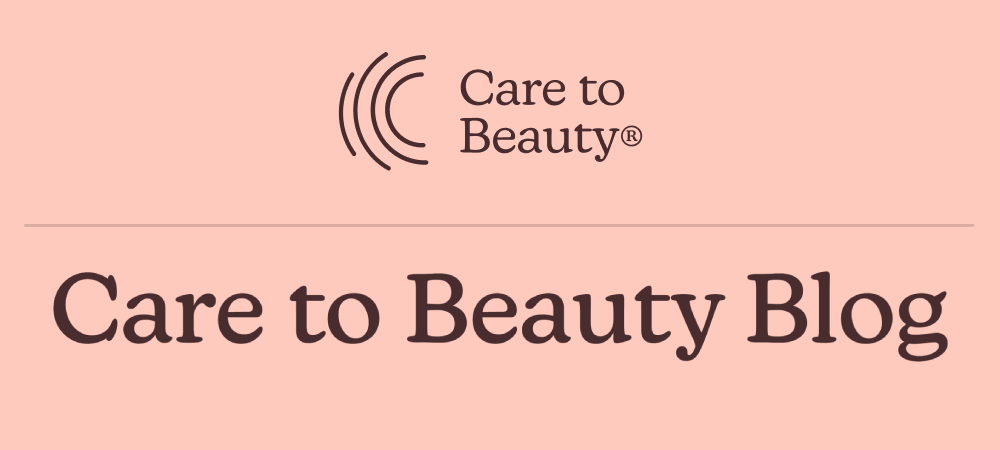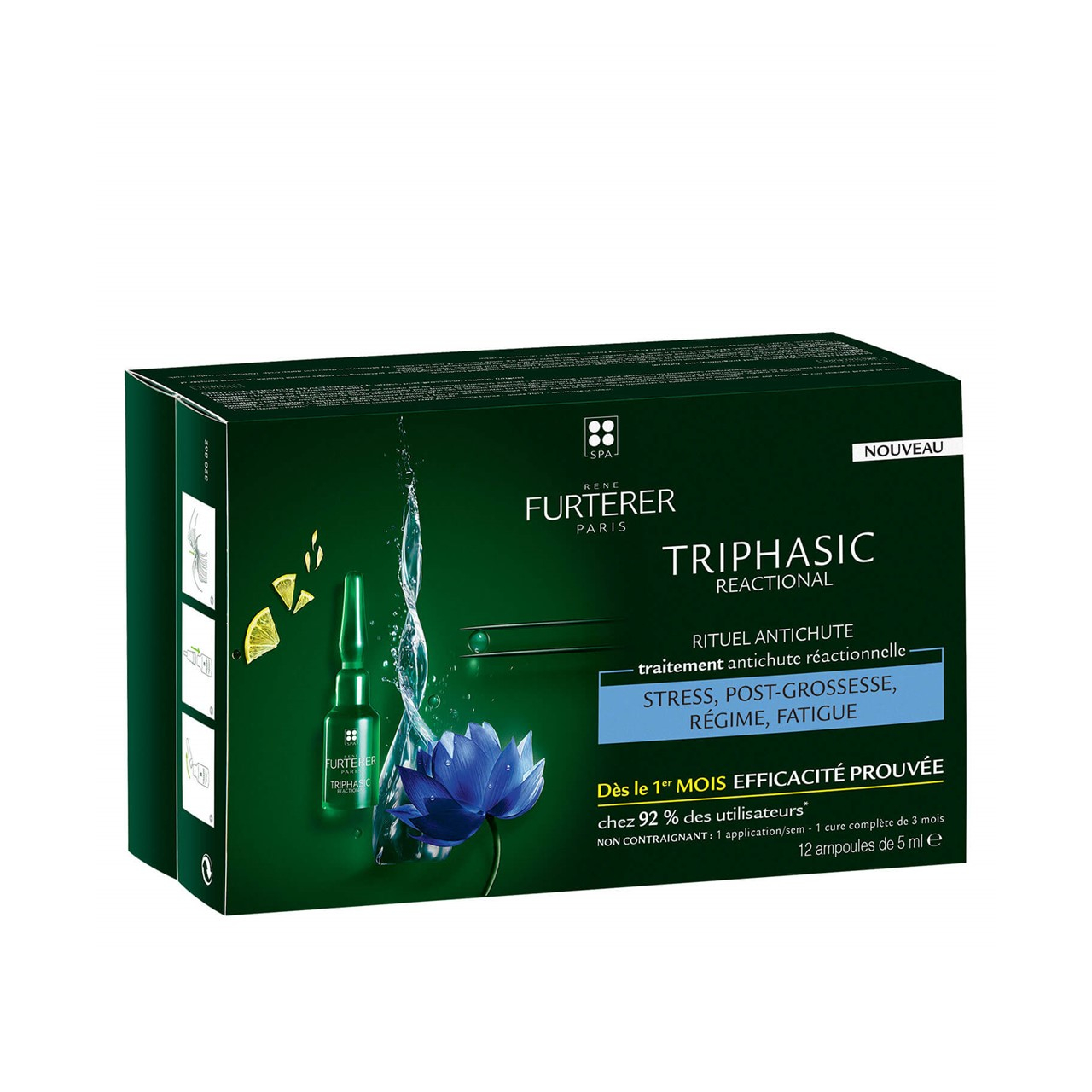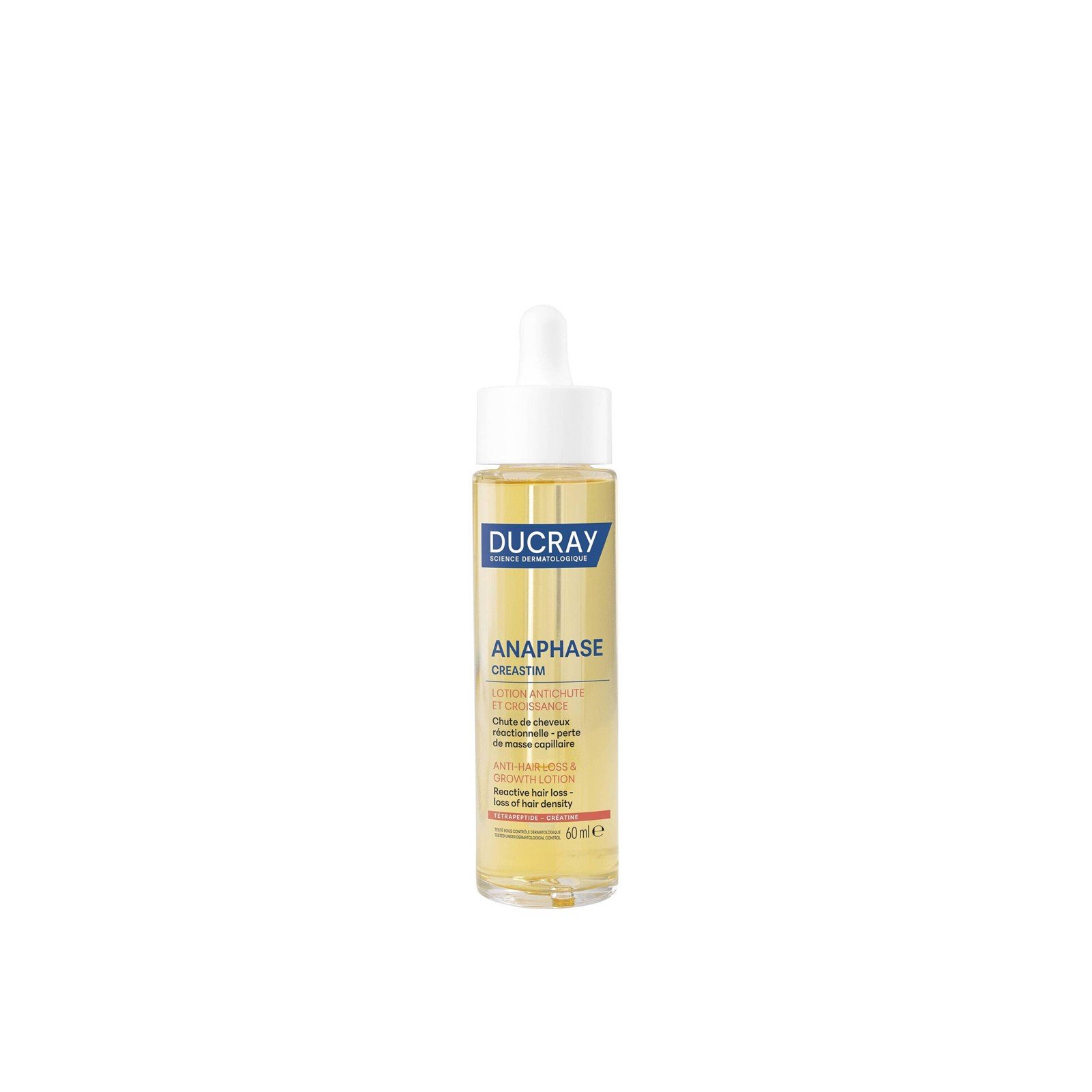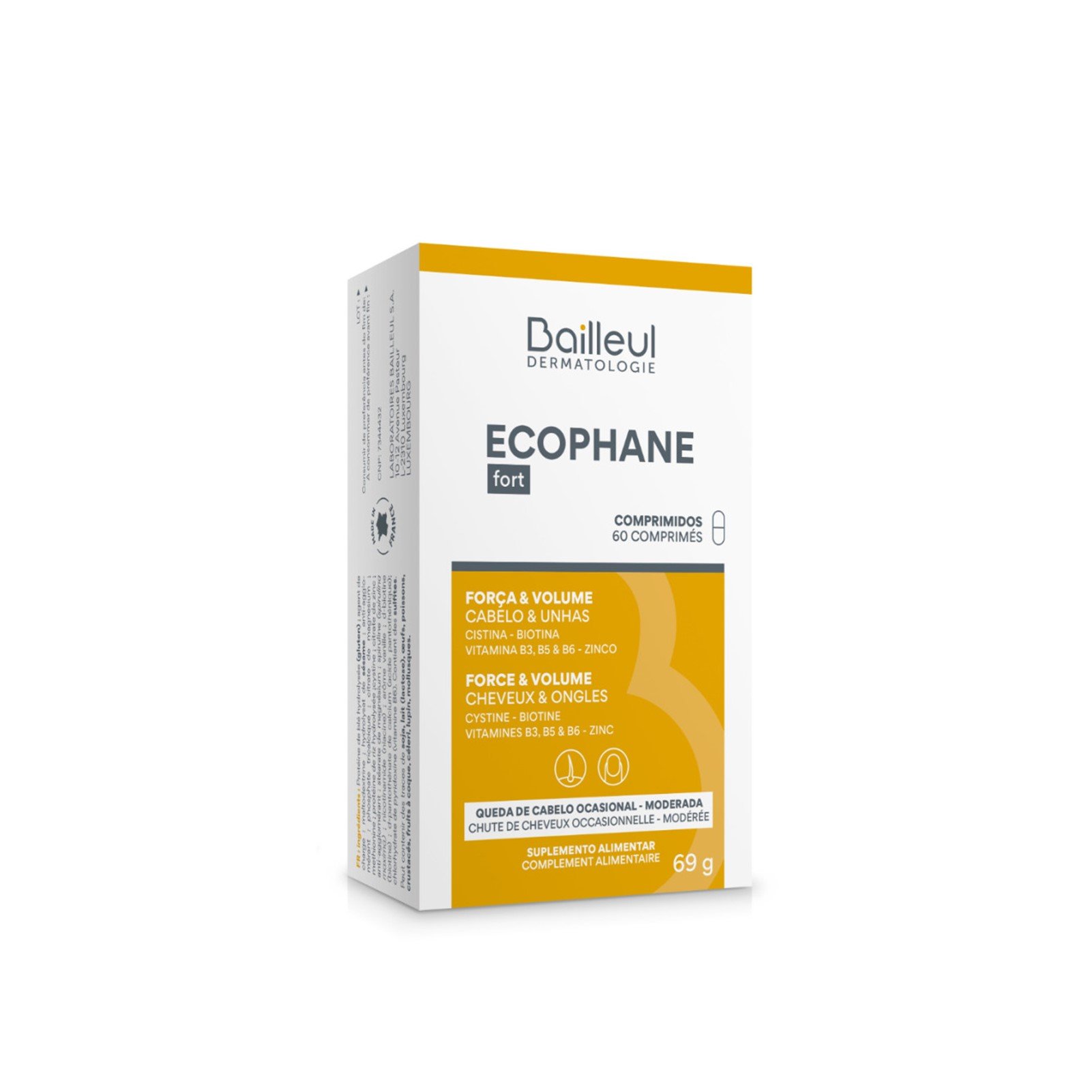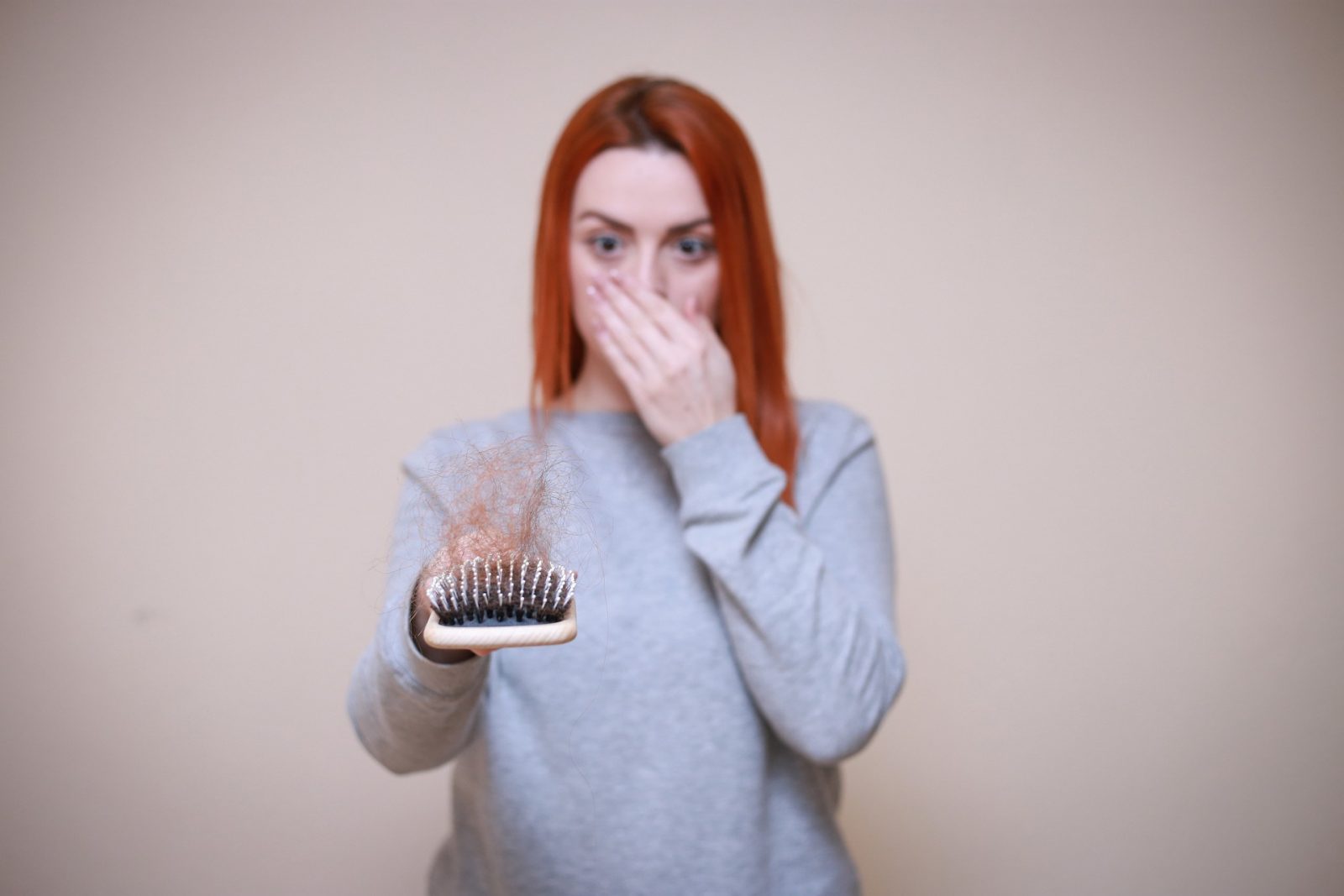
The postpartum period is very rarely a walk in the park, and our bodies don’t make it any easier on us. After months of luscious locks and the best hair you’ve ever had, here it comes falling all at once. You may even wonder if you’ll wake up one day totally bald! It’s totally normal to experience hair loss after pregnancy; however, we know the fact that there’s a scientific explanation for it doesn’t make it easier to bear. If you’re experiencing this, then keep reading. We are diving deep into this particular type of hair loss, and helping you find the best products for postpartum hair loss.
What is postpartum hair loss?
Postpartum hair loss is a very common occurrence in women 2-6 months after giving birth. To understand it, first we need to see what usually happens with hair and what changes.
The follicle, the unit responsible for producing hair, has three different phases: anagen (massive growth), catagen (involution), and telogen (resting phase). Each follicle has its own pacing; that is why we usually shed around 100 hairs per day without noticing it. Given that hair cycles are not synchronized, it’s easy to lose a few hairs per day while at the same time having new hair growing. However, during pregnancy, the anagen phase is much longer, and barely any hair sheds during those 9 months. This is due to the fact that there are hormone imbalances going on. Therefore, these cause the hair to keep growing instead of falling according to what would be its normal cycle.
Around 2 months after birth, however, things slowly start to go back to normal. On the other hand, it means that all those hairs that should have shed during those 11 months are now getting signals that tell them it’s time to go. All the hairs are now synchronized and shedding together. In the end, this is just normal hair loss, but all together and with delays. It’s not pathological, nor is it out of the ordinary, but it’s a whole lot of hair going at once. People will tell you “this too shall pass”, and it really will, but wouldn’t it be great if it actually stopped right now? Unfortunately, the hair that has to fall will fall, and there is nothing we can do about that. We can, however, help you promote new hair growth.
Our best products for postpartum hair loss
It’s time to take care of the new things in your life, and we’re not talking about the baby! We’re talking about your new hair that’s about to start growing. If you do this, you can guarantee that you are promoting the healthy growth of new hair.
Fortunately, there are many products on the market that can help you do this–just make sure you consult with your doctor before introducing any new products into your routine. If you’d like to bring them some suggestions, here are ours:
We have chosen three scalp serums to help you tackle hair loss at the root–which one will you pick? René Furterer Triphasic Reactional Anti Hair Loss Serum is a powerful treatment to help slow down reactive and sudden hair loss resulting in stronger and noticeably denser hair. On the other hand, PhytoCyane Reactive Hair Loss Treatment For Women supports the scalp’s natural microcirculation to create an optimal environment for the increase of new hairs. Finally, Ducray Anaphase Creastim Anti-Hair Loss & Growth Lotion is a hair loss lotion that helps the scalp to recover its density is also suitable for post-pregnancy and breastfeeding.
If you’d like to opt for a supplement instead of a scalp treatment, ECOPHANE Fort Fortifying Tablets may be a good choice. This supplement is rich in ingredients that help maintain both hair and nails in perfect condition. With biotin, hydrolyzed wheat protein, and vitamin B6, this supplement is able to stimulate hair growth and help reduce hair loss since, together, these ingredients can encourage keratin production.
A note on safety
Please note that, as of writing this post, all of these products are safe to use if you are breastfeeding. We have confirmed this information directly with the brands. Finally, let us summarize: our best products for postpartum hair loss target the health of the new incoming hairs and make sure the follicle is full of the much-needed nutrients. You may still experience a lot of hair loss after pregnancy, but your new hair will grow healthy and strong!
Pharmacy Technician & Beauty Writer
